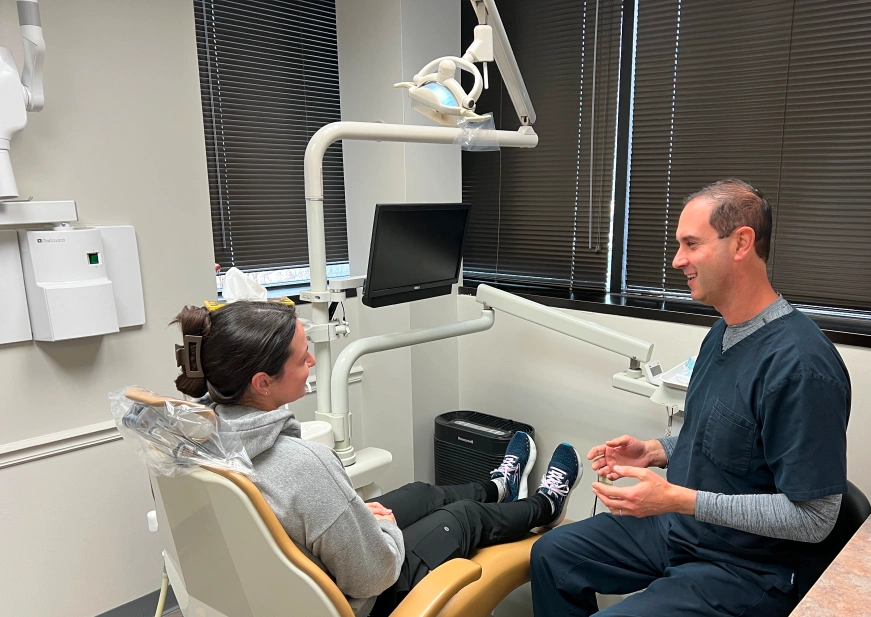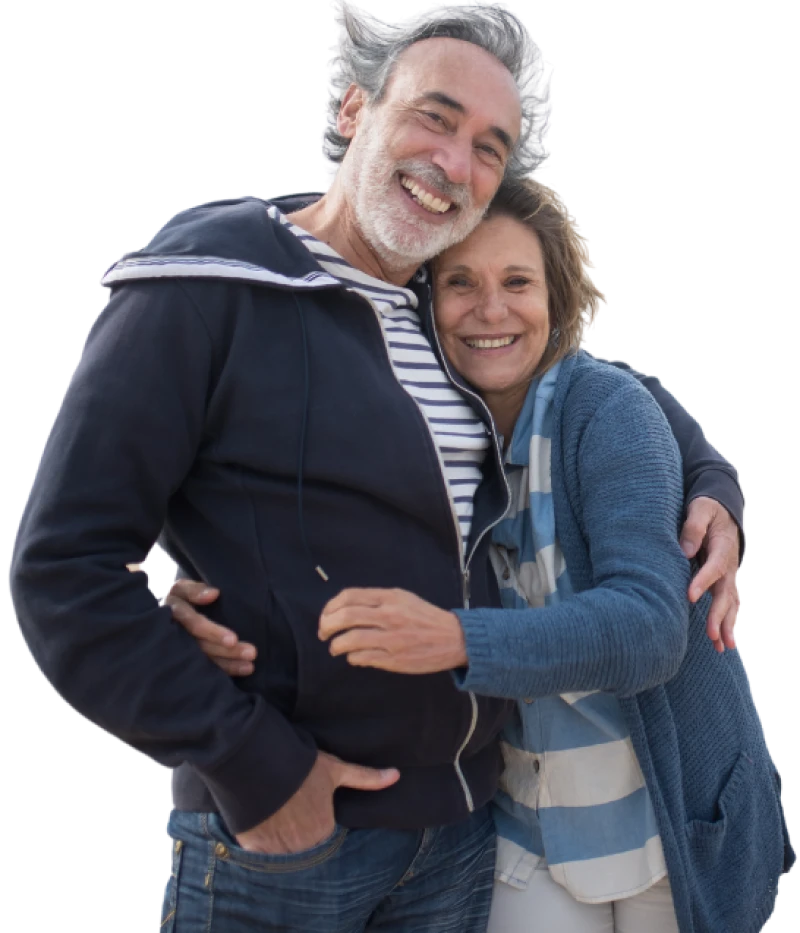Understanding Sleep Apnea
Sleep apnea is a common sleep disorder that affects millions of people worldwide. It happens when your body relaxes during sleep, causing the muscles in your mouth and throat to soften. If you have obstructive sleep apnea (OSA), your tongue falls back and blocks the airway, leading to an interruption in oxygen, which causes your body to jolt you awake to breathe
These episodes can occur hundreds of times a night, resulting in shallow breaths or repeated pauses while you sleep. You may not notice it during sleep — most apnea sufferers don't have a clue — but symptoms like loud snoring, morning headaches, daytime fatigue, and irritability indicate your sleep is being disrupted.
If you leave OSA untreated, you're putting yourself at risk for more severe health issues such as high blood pressure, cardiovascular disease, diabetes, and stroke.
We Offer Non-Invasive Treatment Options
Traditional sleep apnea treatments include Continuous Positive Airway Pressure (CPAP) machines, which can be loud and uncomfortable to sleep attached to. This is not really conducive to good sleep… That is why your dentist should always be your first port of call! Dr. Klein can start with non-invasive treatments like oral appliance therapy which utilizes custom mouthguards (occlusal splints) to help your jaw and tongue stay in the correct position to prevent sleep-disordered breathing.
What To Expect
Dr. Klein will take detailed impressions of your teeth to create a custom-fitted oral appliance resembling a mouthguard. This device will adjust the position of your jaw and tongue while you sleep to keep your airway open and reduce apnea episodes. It is common to experience some initial discomfort or changes in your bite, but these typically fade as you get used to wearing the appliance every night.
Do You Struggle with Sleep Apnea?
Please don't wait to seek treatment if you or a loved one are experiencing sleep apnea symptoms. At Monroe Dental Group, we care about your overall health and well-being and will work with you and your physician to determine the safest, most suitable solution to help you get a restful night's sleep.



